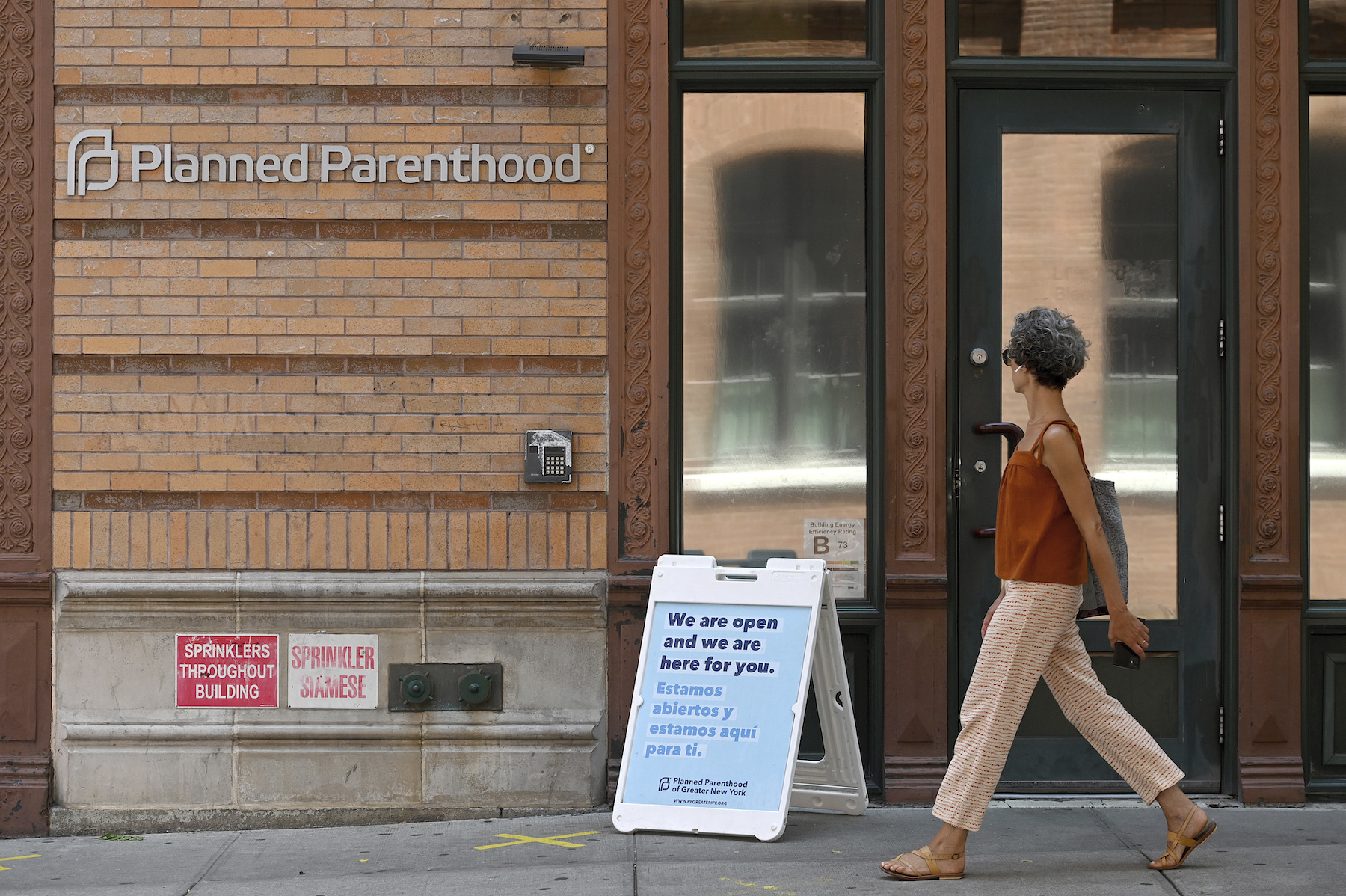When the US Supreme Court overturned Roe v. Wade, the 1973 ruling that recognized a constitutional right to terminate a pregnancy, it simultaneously created a crazy quilt of laws where abortion is legal in certain states but not others, and it committed the news media to reporting on the vital consequences of its decision. The interplay between those two dynamics will likely result in challenges to press freedom—some unintended or unforeseen, but with at least three likely clashes worth noting.
First, take the case of Oregon and Idaho. Following Dobbs v. Jackson Women’s Health Organization, the case that overturned Roe, state law in Oregon will continue to permit abortion. Idaho, however, has a “trigger” law that, thirty days after Dobbs becomes final, bans virtually all abortions, with exceptions only for rape, incest, and to save the life of the mother. (It also has a law allowing relatives to sue abortion providers who provide or attempt to provide abortion services after about five or six weeks.) In April, news outlets in both states ran stories about a move by Planned Parenthood to secure medical-office space in Ontario, Oregon—a border town along the Snake River and accessible from I-84. Those stories informed Idaho residents that abortions may be legally performed right at the state border, fifty-six miles from Boise.
Pre-Roe, the Virginia Weekly, a newspaper in Charlottesville, published an advertisement from the Women’s Pavilion, a New York–based abortion referral agency, noting that abortions were legal in the latter city and offering “immediate placement in accredited hospitals and clinics at low cost.” Authorities successfully prosecuted the editor of the paper under a Virginia law that criminalized encouraging or prompting someone to have an abortion. The editor, who argued that the charge violated his First Amendment rights, appealed, and the case wound its way through the courts. It finally ended up before the US Supreme Court, where, in Bigelow v. Virginia, the justices overturned the editor’s conviction, holding that because the practice was legal in New York and abortion was prominent in public debate at the time, the First Amendment protected the ad.
Right now, the National Right to Life Committee’s model anti-abortion bill has a provision similar to that at issue in Bigelow. The NRLC law, on its face, would apply to the Virginia Weekly and, for an aggressive prosecutor, to an Idaho outlet reporting that a quick drive to Ontario, Oregon, could enable access to a legal abortion. States with similar “aiding and abetting” laws could see them used against journalists and news outlets reporting on abortion access in other states.
Here’s the second likely challenge to the press post-Dobbs. We’re already starting to see stories based on confidential sources who, because of the uncertainty flowing from the new patchwork of state laws, have sought a medication abortion using pills obtained online. We’re going to see many more.
If that is illegal under state law, we can think of this as an “invisible” offense: the patient won’t report it, nor will the provider; nor will the relative, friend, or partner who helps. In a state that bans the practice of medication abortions—and especially in a state that criminalizes them—the most obvious avenue to crack the case will be the reporter with those confidential sources. (That’s particularly true if the state is trying to regulate patients who travel out of state for an abortion and the only enforcement option is against patients when they return.) In Branzburg v. Hayes—a seminal First Amendment case from the 1970s, arising from the nascent “War on Drugs,” where prosecutors tried to force a reporter to disclose his sources for a story about drug dealers—that’s exactly what happened.
Finally, reporters with confidential sources are going to be much richer repositories of valuable evidence for prosecutors and plaintiffs seeking to enforce abortion bans than they were fifty years ago, pre-Roe. Today, we all have what for investigators in 1973 would have been supercomputers in our pockets. They track what you say, where you go, when you go, and who you interact with. Those digital breadcrumbs will be irresistible for investigators and prosecutors facing intense political pressure to crack down on abortion services.
In many ways, newsgathering vis-à-vis abortion post-Dobbs will resemble reporting on things like military secrets, narcotics, public corruption, corporate malfeasance, or any other beat where promising confidentiality to a source is necessary to tell the story. Those beats breed press-freedom violations. We shouldn’t be surprised when we see them.
Gabe Rottman is an attorney and the director of the Technology and Press Freedom Project at the Reporters Committee for Freedom of the Press.

